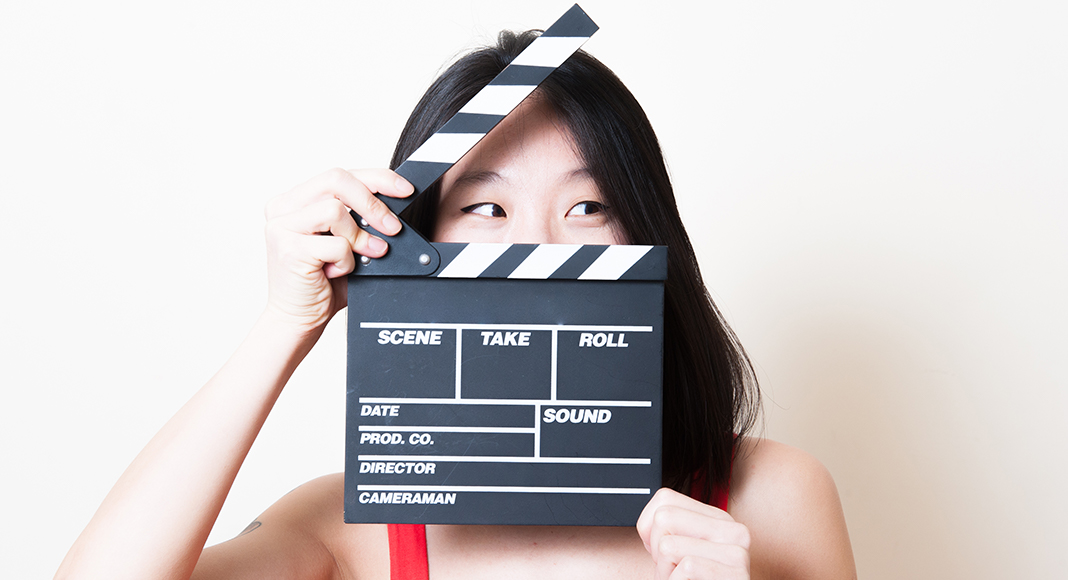Ever since the film concept was announced in 2014, animation enthusiasts, industry professionals and the public alike have watched the development of Disney’s Moana with intense interest.
While there is much to celebrate about Disney’s 56th animated feature film, including the first appearance of a South Pacific Princess, it is the powerful storytelling through a distinctly ‘authentic’ cast, which deserves recognition.
Out of the seven main characters listed, six have ties to island culture, having been born in the South Pacific, on an island and/or with direct family of Samoan, Māori or Hawaiian descent.
The Voice Actors Behind Moana
Moana | Auli’i Cravalho: Born in Oahu, Hawaii and is of Native Hawaiian, Portuguese, Chinese, and Irish descent.
Maui the demigod | Dwayne Johnson aka The Rock: Born in California, a descendant of Samoan chiefs.
Moana’s Father, Chief Tui | Temuera Morrison: Born in New Zealand and of Māori, Scottish and Irish descent.
Moana’s Mother, Sina | Nicole Scherzinger: Born in Honolulu, Hawaii and of Filipino, Hawaiian and Ukrainian descent.
Gramma Tala | Rachel House: Born in New Zealand and of Māori and European/Pakeha descent.
Tamatoa the Crab | Jermaine Clement: Born in New Zealand and of Māori descent.
Hei Hei the Pet Rooster | Alan Tudyk: Born in Texas and of Polish, German, English, and Scottish descent.
The Benefits of Casting Authentic Voices
Hiring actors with backgrounds that match the characters may seem like a natural choice. However, all too frequently, Hollywood has come under fire for missing the mark. Films like The Great Wall and Ghost in the Shell, which have cast Caucasian actors into roles of racially diverse characters, show that the process of selecting actors who can both portray the characters and resonate with audiences can be a stumbling block.
But even when you put the ‘optics’ of race aside (voice actors mostly perform behind the scenes, after all), there are many reasons why authenticity should be top of mind when casting for success.
Bring Consistency to the Character Voice
There is nothing more jarring than hearing an actor slip in and out of an accent, or never quite get it right at all. When you cast someone from the same region your character is from, the question of vocal authenticity is never a question or concern.
Bring Firsthand Experience to the Story and Character
Actors have the monumental task of taking on the full understanding of their character – their motivations, their struggles, their history, culture and customs – essentially, absorbing the entire context in which a story plays out.
For those who share a similar background to the character right from the outset, there is a natural and deeper understanding between the actor and the role, simply because there are parallels between their life and the life of their character.
Form Real Connections with the Audience
Although some actors possess an amazing ability to morph into diverse characters and voices, this degree of skill can be incredibly difficult and require extensive training.
One should never underestimate the audience’s ability to pick up on vocal nuances. Just because a voice may sound similar to a stereotype or assumption of a dialect or accent, it doesn’t mean that it will pass the audience’s test. Those who hail from the same or similar cultural backgrounds as the characters will be able to tell the difference between an authentic voice and one that is pretending to be. But when a voice comes across as truly and flawlessly matched to the audience’s expectation of the character, the connection it creates can be incredibly powerful.
How to Find an Authentic Voice Actor for Your Voice Over Project
When Disney went on a search to find their Moana, they held an open-casting call, accepting auditions through YouTube.
This method proved to be a great way to discover new talent and cast a wider net in search of the perfect voice. Plus, it also served as an excellent marketing and PR tactic that plunged Moana into the world of social media where it sparked curiosity and conversation.
Holding an open audition for the lead role, while casting known voices in supporting roles, allowed Disney to maintain its celebrity cache while also demonstrating that they have an interest in leveling a playing field, which is normally dominated by a very narrow selection of actors.
Are You Looking to Cast an Authentic Voice Actor for Your Diverse Role or Multi-Language Project?
Voices voice actors live around the world and speak a plethora of languages.
Learn more about the voice actor languages, accents and dialects offered or find the perfect voice right away.

Comments
The authentic New Zealand accent of chiefs in Hawaii? There are hundreds of Hawaiian actors who could have provided this part, so that it doesn’t sound like Crocodile Dundee’s NZ cousin.
When I think of polynesian accents I think of Moana’s grandmother’s voice. People in New Zealand sound too much like Australians – which is a foreign not a native sound. I think the grandmother’s voice/accent was the only one that did a good job with authenticity. But I can’t really blame Disney Pixar for needing accents that appeal more to the western ear since that’s the main audience.